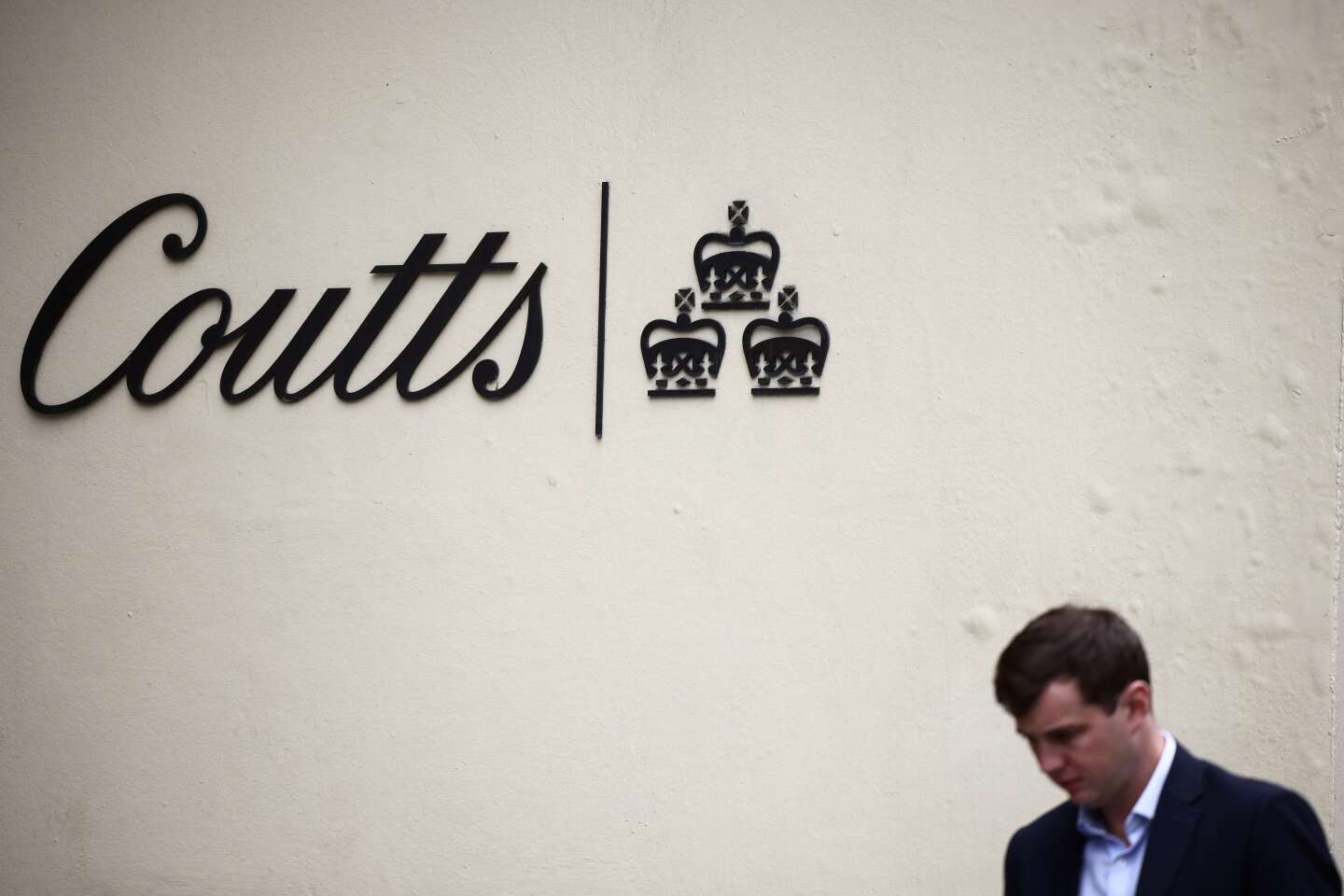


It all began in June 2023. Former British far-right leader Nigel Farage, now a mere TV talk-show host, publicly announced that his bank, Coutts, was closing his account, without explanation. "Serious political persecution," he denounced. Farage felt he was being excluded from the establishment reserved for wealthy customers because of his opinions.
After a few weeks of agitation, the master of media campaigns obtained internal Coutts documents that seemed to prove him right. An internal committee tasked with assessing the risks to the firm's reputation had deemed that "At best, he is seen as xenophobic and pangering to racists, and, at worst, he is seen as xenophobic and racist." It also questioned his potential links with Russia. The bank's conclusion was that Farage was "at odds with our position as an inclusive organization."
The former politician won his battle. He changed banks but got Alison Rose, the director of NatWest, the bank that owns Coutts, to resign. He then demanded compensation.
What could have been a simple incident started loosening tongues. Small businesses and charities began to complain that their bank accounts were regularly being closed, often without notice. A parliamentary committee launched an investigation. In February, it published initial figures showing that every year, more than 140,000 accounts of small and medium-sized enterprises (SMEs) were closed by their bank, i.e. 2.7% of the total. On April 22, the UK Financial Ombudsman revealed that the number of complaints about untimely account closure had risen by 44% from April 2023 to March 2024, compared with the previous year.
Important checks
What Farage and these thousands of small businesses affected had in common was the tightening of anti-money laundering rules. Banks must now monitor "politically exposed persons," considered to be at greater risk of corruption. They must also prove that they have implemented all the "know your customer" procedures, which require extensive verification. At the same time, regulations requiring more capital and liquidity have made banks far less profitable than they once were.
The consequence is that many establishments have neither the time, the money nor the appetite to carry out the necessary checks for very small businesses or charities. This sometimes leads to bizarre cases, such as that of the Friends of Hornsey Church Tower, an old medieval church in north London. The charity normally rents out a room, keeps a record of the graves in the churchyard and organizes a garden maintenance day twice a month. In November 2023, Barclays suddenly closed its account, without explanation, as recounted the Financial Times. Nick Allaway, a former accountant and board member, had to pay suppliers out of his own pocket and refuse donations. The matter was resolved after two months, when he was able to reopen the Barclays account, after using contacts in the banking industry. "We remain perplexed by Barclays' action," he told the financial daily, adding that the bank continued to ask him for endless explanations, demanding documents he had already provided.
You have 32.68% of this article left to read. The rest is for subscribers only.
